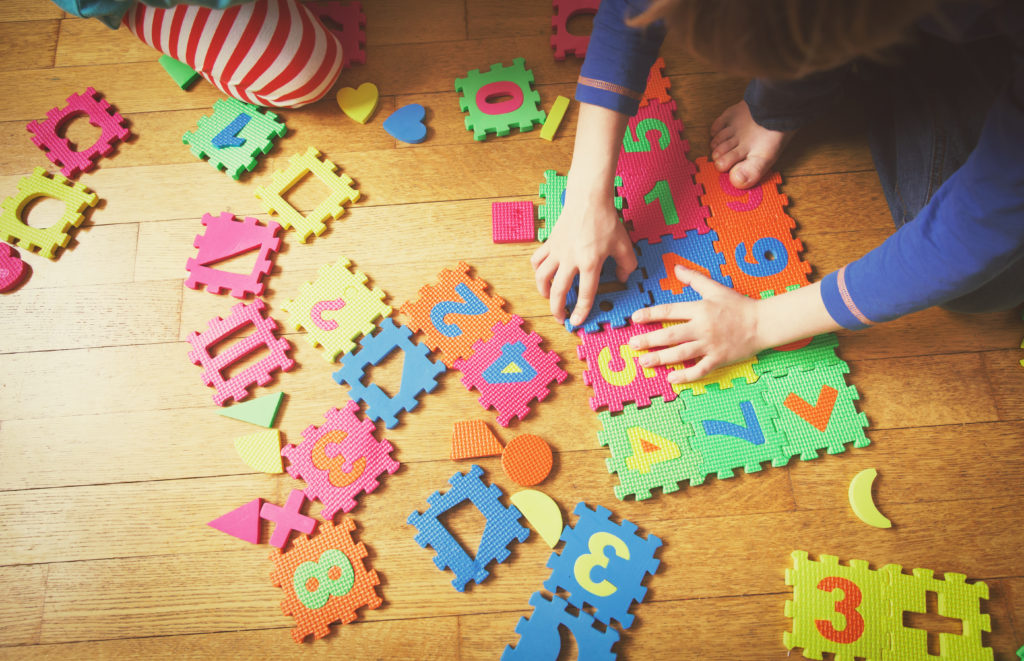
Having a child that is diagnosed or displaying symptoms of Attention Deficit-Hyperactivity Disorder (ADHD) can bring an uneasy and overwhelming feeling to parents. Many parents do not know where to begin when thinking about how they are going to help their child cope with their ADHD symptoms. In the beginning, it may seem that nothing is working, and your child seems unmotivated and unfocused, but the good news is that there are proven strategies that can assist your child in overcoming some of the barriers of ADHD.
1. Strategies For Helping a Child with ADHD With Chores
For parents of children with ADHD, getting their child to follow through with chores can be a struggle. Starting their chores may seem like an impossible task and in some cases turn into an argument with chores never getting completed. In other cases, the child might forget to do their chores completely. By learning different strategies, parents can create an environment at home that is more suitable for a child with ADHD. Here are some strategies to assist your child with ADHD to get their chores completed.
- Create a checklist: Creating lists for a child with ADHD is a positive way to hold them accountable. If parents rely on verbally telling the child what to do, they may forget. By creating a list, the child can refer to it. If the chore does not get completed, parents can begin to have a conversation about accountability. Oftentimes, a child with ADHD may not use the list, hence still not complete their chores. Instead of turning to punishment right away, parents should strive to understand their child’s symptoms and the “why” behind their behavior. If a child does complete their list, consider using a reward system to promote their positive actions.
- Build a routine: Routines are a great way for parents to teach their child with ADHD self-management skills. Start by creating an after school routine and including chores that you want your child to complete. Over time, begin having the child create their own routine that includes the tasks that they need accomplished. Self-management skills are often lacking in children with ADHD and building these skills early will help them into their teen and adult lives.
2. Strategies For helping a Child with ADHD Learn
Learning and academics can often be a mental battle for children with ADHD. Learning requires sustained focus and attention, which children with ADHD often lack. When a child with ADHD feels overwhelmed or mentally drained, they will be incapable of learning and it might turn into a power struggle between the child and parent. Here are some strategies to create an engaging and fun learning experience for children with ADHD.
- Learn using games: Games can be a great way to keep learning loose, fun, and engaging. Children can learn in a variety of different formats. Lightsail offers a gamification mode that allows children to learn and play games simultaneously. Children will be more inclined to want to learn when they know they are in for a fun and engaging experience.
- Change the presentation of learning: Although keeping a routine is important for a child with ADHD, it does not mean they have to engage in the same activities daily. Since a child with ADHD may become bored more quickly, changing the presentation of their learning is a positive way to keep things fresh. Lightsail offers a variety of different learning formats. Children can read books, watch videos, play games, and participate in a variety of activities that will keep them engaged in their learning!
It may take time to learn how to best support your child with ADHD, but when given the right environment, a child with ADHD will excel.
Posted on 9.Sep.21 in ADHD











